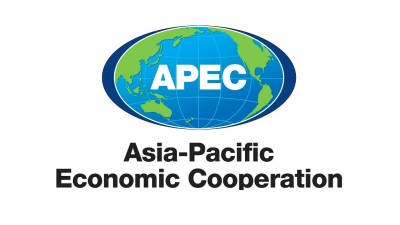KUALA LUMPUR: For Asia Pacific Economic Cooperation (APEC) economies to realise inclusive growth, women’s safety must be treated as an economic priority, which includes dismantling the structures that enable violence to persist, APEC said.
In a statement today, it said violence against women is not an isolated issue and is a systemic barrier to growth, interconnected with wage inequality, leadership disparities and underrepresentation in innovation.
“It prevents economies from tapping into half of their talent pool, translating into significant productivity losses and economic costs. Indeed, when half of the population is unsafe, no one’s potential is truly protected.
“Despite notable gains in education, access to finance and digital inclusion, violence against women —both online and offline — continues to severely limit their economic potential, productivity and participation across APEC economies,” it said.
APEC noted that the violence is rooted in social norms and often reinforced by weak legal enforcement. It limits women’s ability to lead, earn and innovate, and it holds back inclusive growth for everyone.
It highlighted that women who face violence are more likely to miss work, underperform or leave the workforce entirely.
It added that they are also less likely to start a business, speak up in public forums, engage in leadership roles or pursue technical fields, thus this leads to a massive loss of talent and productivity.
The APEC region has laid important groundwork, most notably through the La Serena Roadmap for Women and Inclusive Growth, which remains a cornerstone of APEC’s gender inclusion strategy.
Among the measures highlighted by APEC are the need to strengthen legal protections by enforcing laws against all forms of violence, including online harassment, and closing legal gaps in employment discrimination and workplace safety.
“Investment in care infrastructure is also critical, particularly to reduce the unpaid burden on women by expanding access to childcare, eldercare and social safety nets.
“(Other calls include) building leadership pipelines by scaling up mentorship, networking and training programmes that prepare women for decision-making roles,“ it said.
APEC also suggested closing the data gap through the collection of disaggregated data on violence, unpaid work, and women’s participation in science, technology engineering and mathematics (STEM and entrepreneurship to drive evidence-based policymaking.
It further stressed the importance of combating harmful norms by engaging communities, educators, and media to reshape social attitudes that normalise gender-based violence and limit women’s potential. – Bernama
